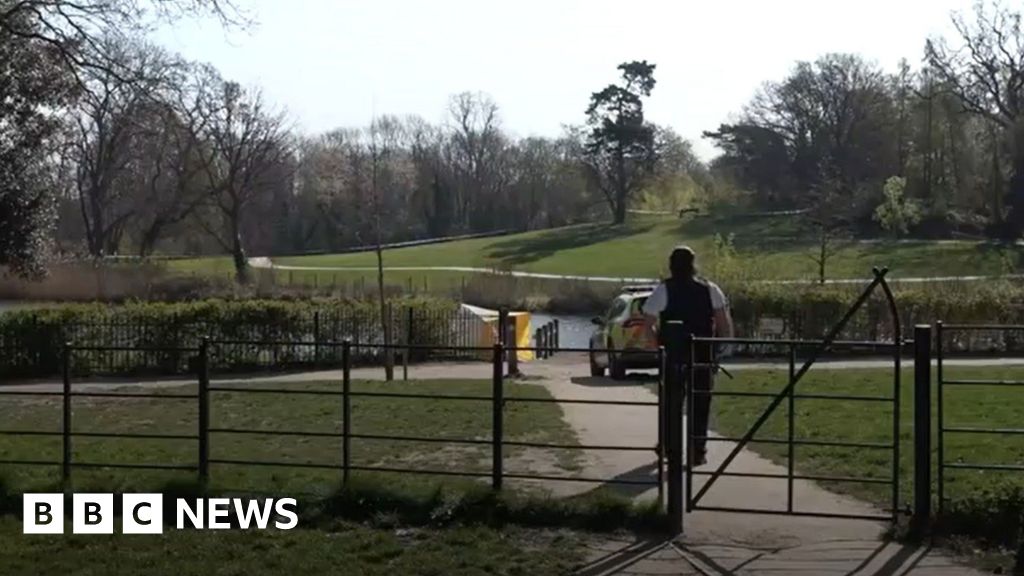Five years ago, Jennifer Timmons sat on the front porch of her home in Dayton, Ohio, drinking a cup of coffee and wishing she was back in the Lowcountry willing herself to get over that "stinkin’ bridge." The "stinkin' bridge" in question is the Arthur Ravenel Jr. Bridge that stretches across the Cooper River and connects Mount Pleasant to the Charleston peninsula.
The 4.1 percent slope on the Ravenel Bridge can seem like summiting Mount Everest on a warm, humid spring morning. “I have a very complicated relationship with that stinkin’ bridge,” said Timmons, who grew up in West Ashley but moved to Ohio more than decade ago.

“It’s a love-hate kind of deal. I hate it until I get over it and I’m downtown, and then I love it because I think about how difficult it was to get over it and what I’ve just accomplished.” After a six-year absence, Timmons and her family have returned to Lowcountry to take part in the 48th Cooper River Bridge Run on April 5.
The Bridge Run, which is projected to have a $30 million economic impact on the Lowcountry this weekend, has grown from about 1,400 entrants its first year in 1978 to one of the largest 10K road races in the United States, peaking at 45,633 registered runners and walkers in 2006. Only the Peach Tree (50,000) and Bolder-Boulder (40,000) have more participants annually than the Bridge Run. The 6.
2-mile course begins in Mount Pleasant, crosses the 2-mile Ravenel Bridge over the Cooper River and finishes on Meeting Street in downtown Charleston. The 2020 race was canceled because of the COVID-19 pandemic. Timmons, who has taken part as a runner and walker in more than 20 of the races, was all set to run the event when the pandemic hit in early March 2020.
“We had plane tickets, hotels, everything ready to go, and then the race got canceled because of COVID,” she said. Timmons hasn’t been back since. “I missed it; I missed being a part of the running community,” Timmons said.
“It’s more than just a race. Everyone is cheering everyone else on. The sense of community is real, and you can feel that when you are on the bridge.
” In 2021, the CRBR had 11,800 finishers after being pushed back five months to September due to the pandemic. The number of participants has steadily increased since then. A year ago, there were more than 27,000 finishers.
Timmons is part of a growing number of former and new participants who are taking part in the 10K race this spring. CRBR race director Irv Batten said pre-registration for the event has surpassed 35,000 — up more than 15 percent from a year ago and back to pre-pandemic levels. “The numbers have been awesome; we are about 5,000 ahead of where we were last year at the beginning of the week,” Batten said.
“We’re getting about 600-to-700 people signing up each day, so if that continues, we’ll be well over 35,000 participants. The resilience of the running community has been amazing to watch. “The comeback has been very satisfying.
There are a lot of other races that are still struggling to get back to where they were before the pandemic. We’ve had huge jumps in our numbers in the last three years, and this is another huge jump.” Marc Embler, who won the race in 1981, is happy to see the crowds returning.
“I’ve seen the numbers grow, shrink and then grow back,” said Embler, 67, who has run in about 40 CRBR races over the years. “This year when I’m out running, I’ll ask people if they are going to do the Bridge Run, and a lot more have said, ‘yes’ than in the past few years. I’m kind of drawn to the crowds, I kind of like it.
“It’s more than just a race. The race is for those up at the front and some age group competitors. It’s more of an event for most people, and I think that’s what makes it so special.
For a lot of runners, this is their marathon. It’s a huge accomplishment to just finish.” With race day temperatures expected to be around 70 degrees with high humidity levels, James Koskei’s course record of 27 minutes and 40 seconds, set in 2000, seems to be safe for another year.
.
Technology

Cooper River Bridge Run is expected to draw more than 35,000 runners and walkers this weekend

The 48th annual Cooper River Bridge run, which was canceled due to the COVID-19 pandemic in 2020, is expected to attract more than 35,000 runners and walkers on Saturday















